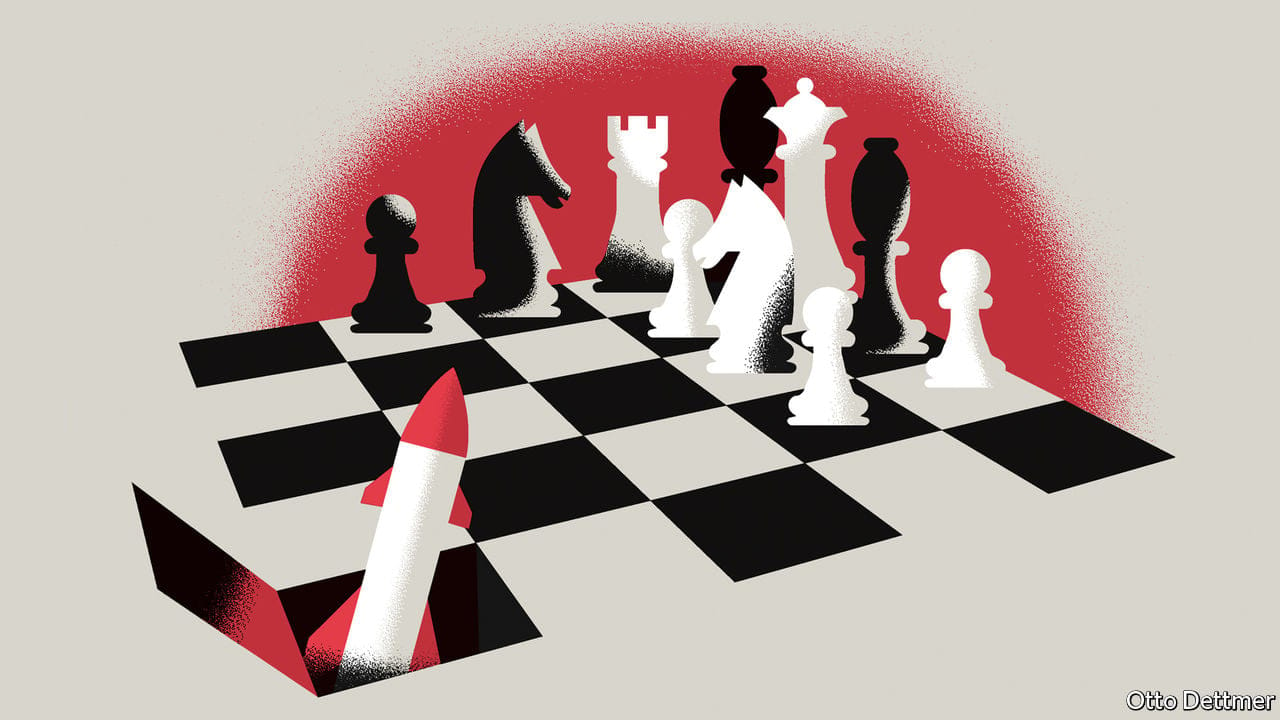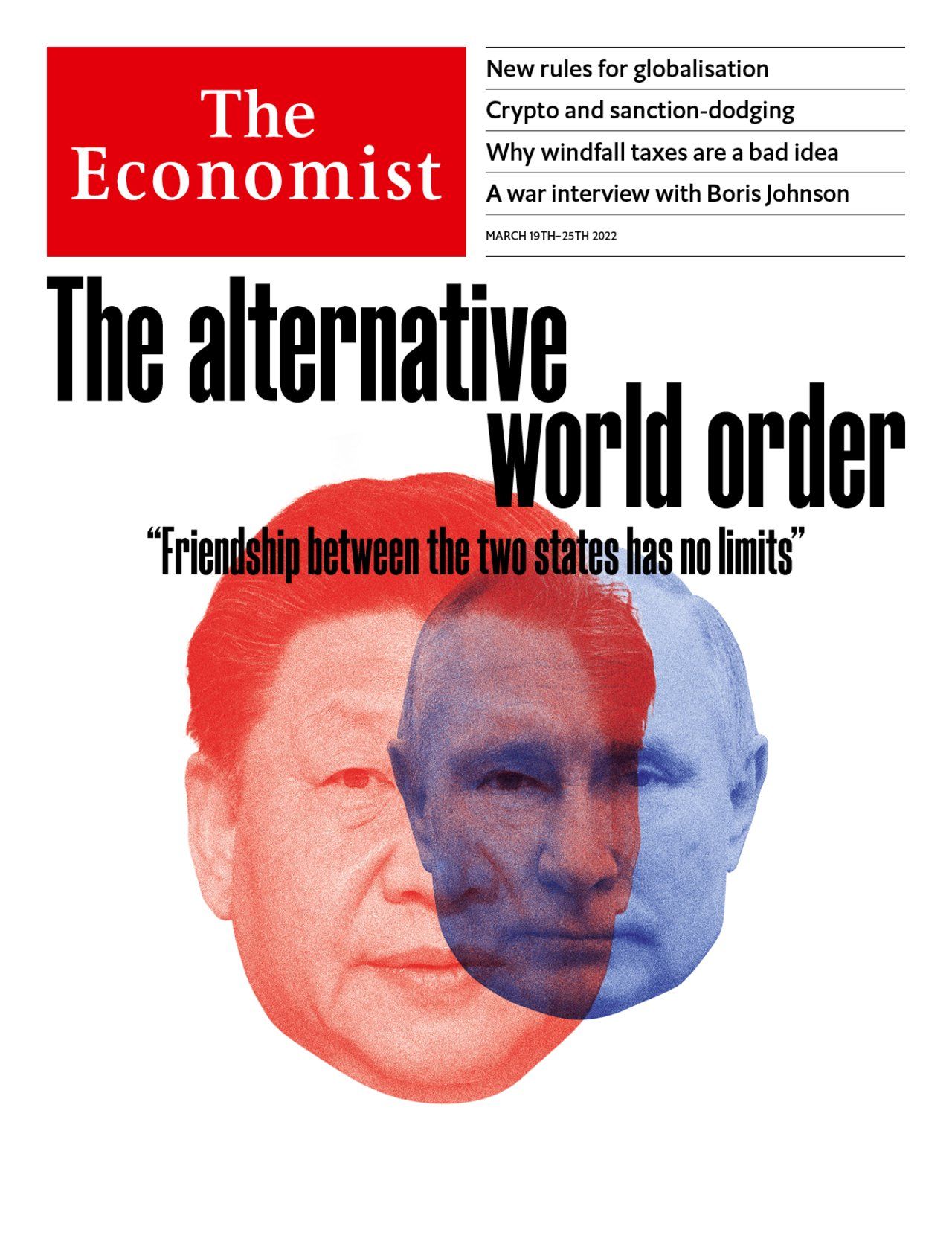The disturbing new relevance of theories of nuclear deterrence
Lessons from the work of Thomas Schelling

SIXTY YEARS ago, a dispute over the placement of Soviet missiles in Cuba pushed Washington and Moscow perilously close to all-out war. The crisis provided history’s most extreme example yet of nuclear brinkmanship, situations in which governments repeatedly escalate a very dangerous situation in an attempt to get their way. It also demonstrated the extraordinary value of the work of Thomas Schelling, an economist then at Harvard University, who used the relatively new tools of game theory to analyse the strategy of war. The war in Ukraine has made Schelling’s work, for which he shared the economics Nobel prize in 2005, more relevant than ever.
This article appeared in the Finance & economics section of the print edition under the headline “War games”
Finance & economics March 19th 2022
- Globalisation and autocracy are locked together. For how much longer?
- Will China’s covid lockdowns add to strains on supply chains?
- Can foreign-currency reserves be sanction-proofed?
- The inflationary consequences of Russia’s war will spread
- A nickel-trading fiasco raises three big questions
- Governments are proposing windfall taxes on energy firms
- Sanctions-dodgers hoping to use crypto to evade detection are likely to be disappointed
- The disturbing new relevance of theories of nuclear deterrence
More from Finance & economics

Can anything spark Europe’s economy back to life?
Mario Draghi, the continent’s unofficial chief technocrat, has a plan

Has social media broken the stockmarket?
That is the contention of Cliff Asness, one of the great quant investors

American office delinquencies are shooting up
How worried should investors be?
China is suffering from a crisis of confidence
Can anything perk up its economy?
America has a huge deficit. Which candidate would make it worse?
Enough policies have been proposed to make a call
Why Oasis fans should welcome price-gouging
There are worse things in life than paying a fair price
